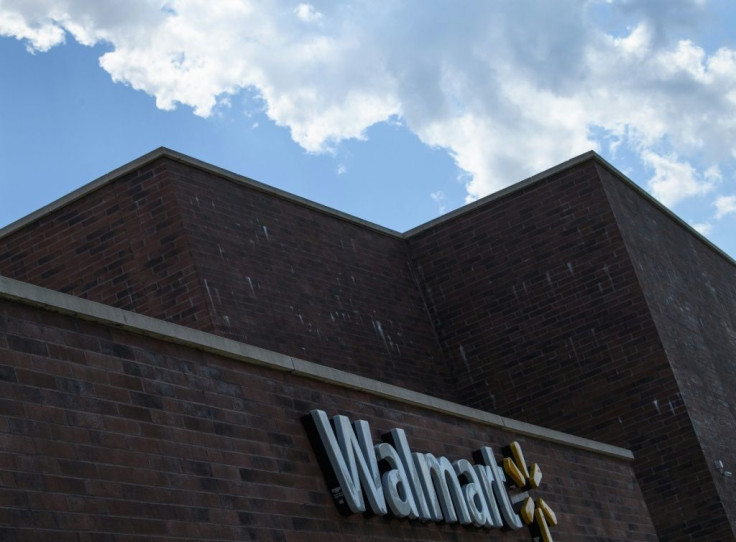Amid Pandemic, Big US Retailers Cash In As Small Business Suffers
Walmart earnings are surging, Amazon is expanding into pharmacies and Wall Street indices are hitting record highs, but data released Tuesday shows traditional retailers struggling to keep up as the Covid-19 pandemic disrupts the US economy.
Nationwide retail sales grew by only 0.3 percent last month, the Commerce Department reported, much slower than in September and before the nationwide surge in coronavirus cases seen in recent weeks that has some states reimposing business restrictions.
It also augurs poorly for the overall economy, which seems bound to endure months of widespread Covid-19 infections without renewed aid from Congress, since lawmakers have not managed to bridge the months-long impasse over how much more to spend to help the country recover from the pandemic's damage.
"This is consistent with a recovery that's positive but losing momentum and at risk of being knocked off track in the winter," Ernie Tedeschi of Evercore ISI said on Twitter of the data.
Yet even amid the retail sales slowdown, some businesses are still making money in the world's largest economy.
Walmart's profits came in well above forecasts with a surge to $5.1 billion -- 56.2 percent more than the year-ago period -- based largely on the strength of its online sales.
And Amazon unveiled plans Tuesday to expand into the pharmacy business with an online service for US consumers who will be able to order prescription medications directly from its website or mobile app.

That announcement poses "a meaningful threat to brick and mortar pharmacies," warned Northwestern University healthcare professor Craig Garthwaite.
"These retail pharmacies must now offer more than just easy access to a prescription," he said.
Amazon's move swamped the share prices of major pharmacy chains but Wall Street has generally been a happy place during the gloom of the pandemic.
Both the Dow Jones Industrial Average and the S&P 500 ended at record highs on Monday after the announcement of another successful coronavirus vaccine candidate, but financial markets are a world apart from the job losses and business shutdowns of the real economy.
"The surging stock market is great, but it doesn't add to the disposable income of a huge segment of the population. Wall Street is not Main Street," economist Joel Naroff said.

Indeed, the Commerce Department data was full of bad news for the brick-and-mortar retailers that anchor shopping malls and draw visitors to downtowns.
Most sectors saw sales decline in October, including department stores, which plunged 4.6 percent, while clothing and clothing accessories retailers fell 4.2 percent.
Food and drinking places, which were hard-hit by business shutdowns to stop the virus and are again facing new restrictions, fell 0.1 percent.
"We may be seeing the end of the bounceback in retail sales after the huge dips from February through April now that consumers are growing more cautious, with saved stimulus money gone for many families, dwindling for others, and the prospect of COVID-19 vaccines still months away," Robert Frick of Navy Federal Credit Union said.
However the data showed sales rising 3.1 percent at non-store retailers -- such as e-commerce websites, the undisputed champion of which is Amazon.
Other industries benefited from spending priorities tweaked by the pandemic: building materials, gardening equipment and supply dealers saw 1.2 percent growth month-on-month and were up 19.5 percent for the year, fueled by booming home sales and construction.
And motor vehicles and parts dealers edged up 0.4 percent as more people purchased cars to cope with the risks of the pandemic.
There were signs of progress elsewhere in the economy, with the Federal Reserve reporting a surprise acceleration in October industrial production, which grew 1.1 percent.
But there is plenty to complicate the outlook even for sectors that appear to be recovering.
Besides states again imposing virus-containment measures that could disrupt business, Congress does not seem to want to open the taps again like it did earlier in the year, when it passed a $2.2 trillion bill that gave money to the unemployed and small businesses.
"The October sales numbers are old news, and the outlook for November and December, with the exception of online, is looking very uncertain," Ian Shepherdson of Pantheon Macroeconomics warned.
© Copyright AFP 2024. All rights reserved.





















